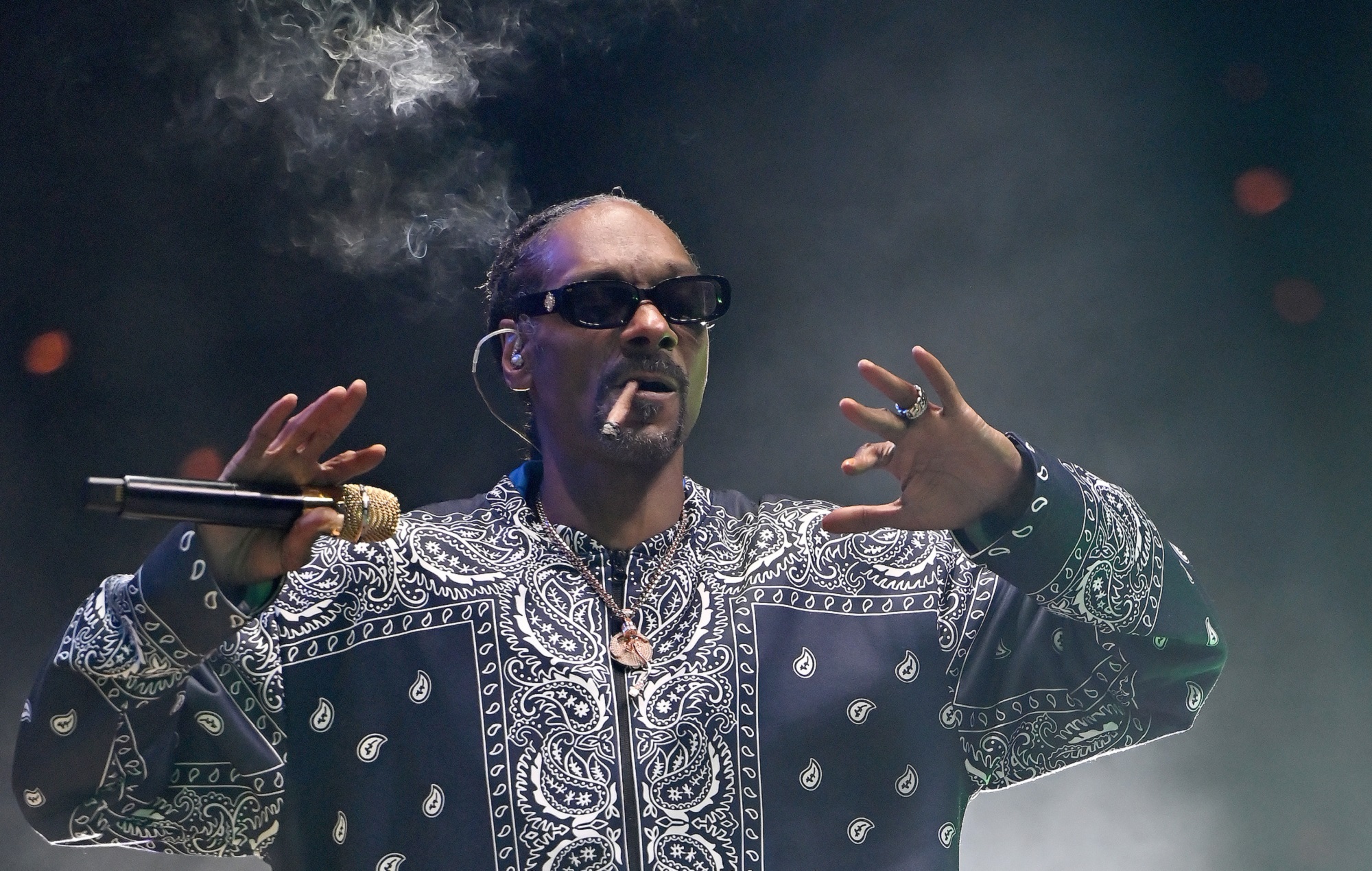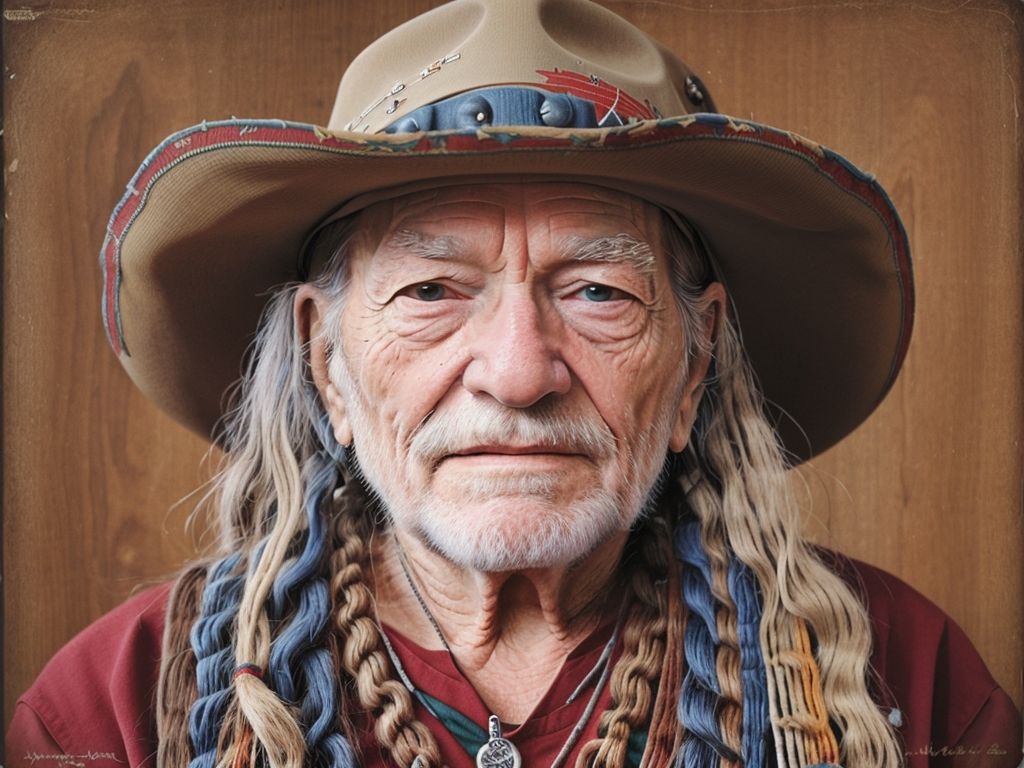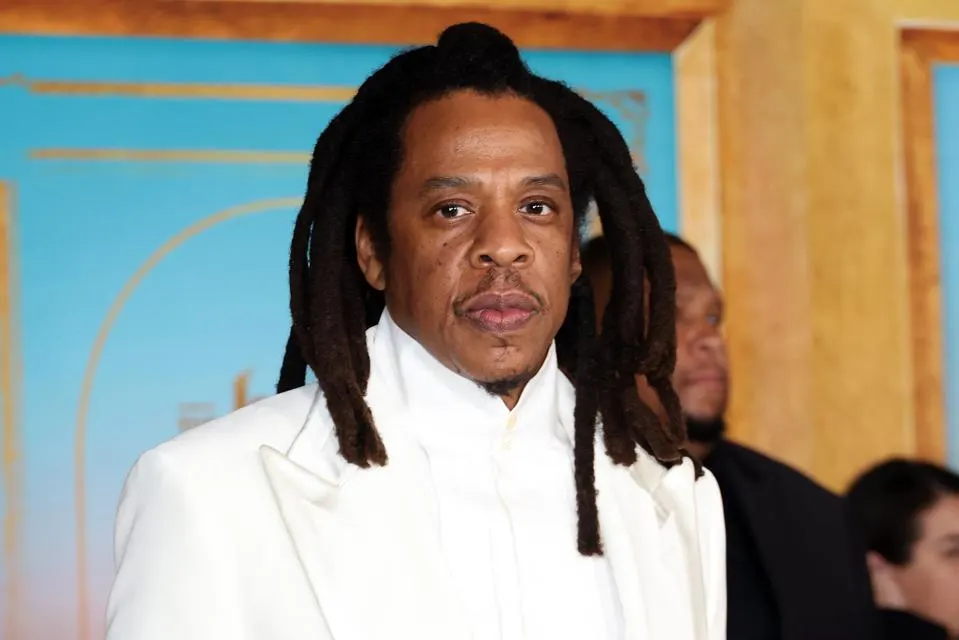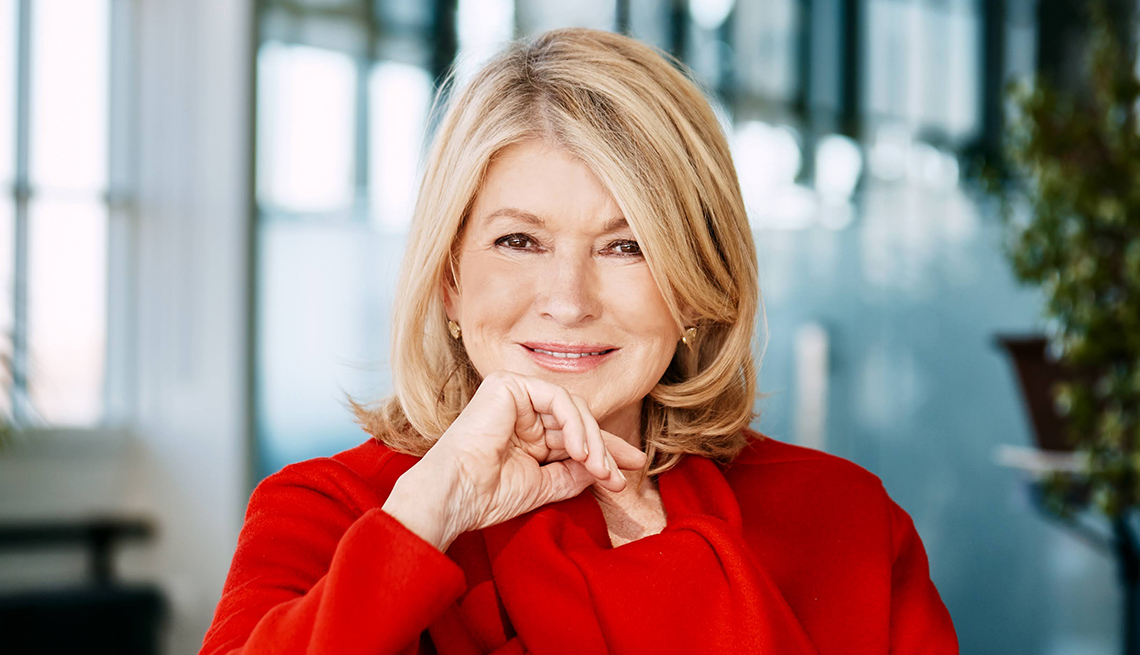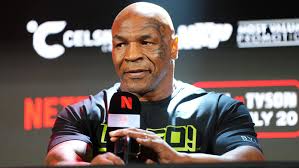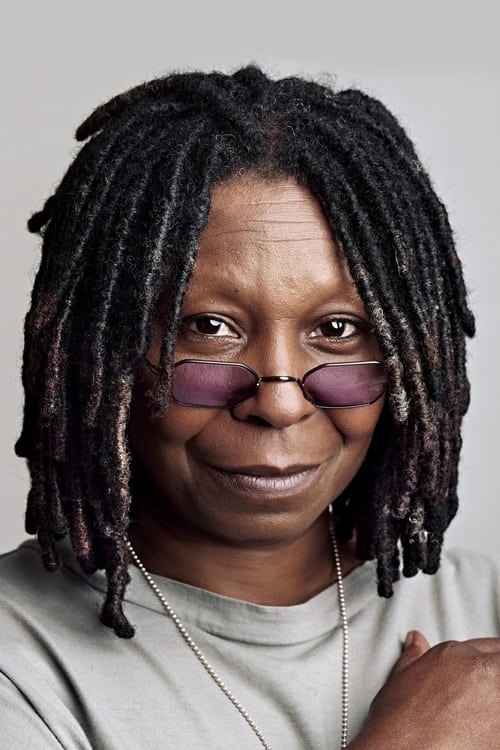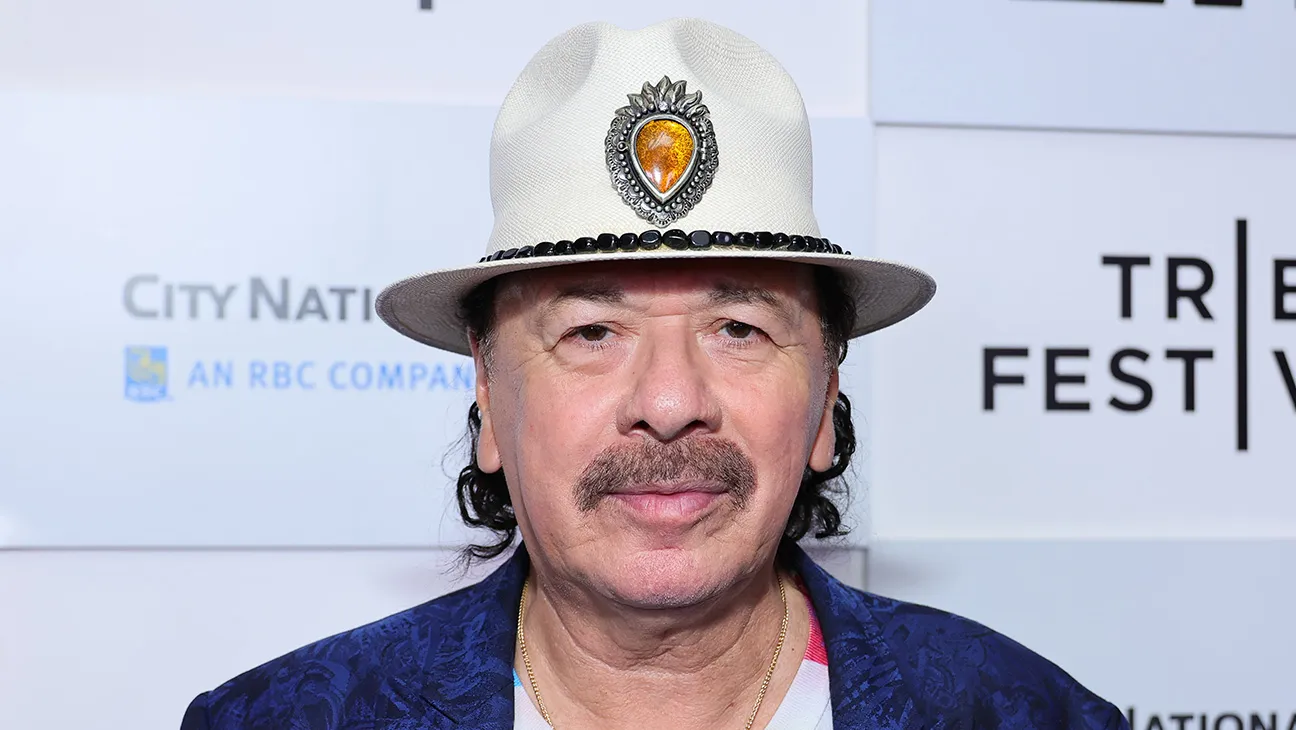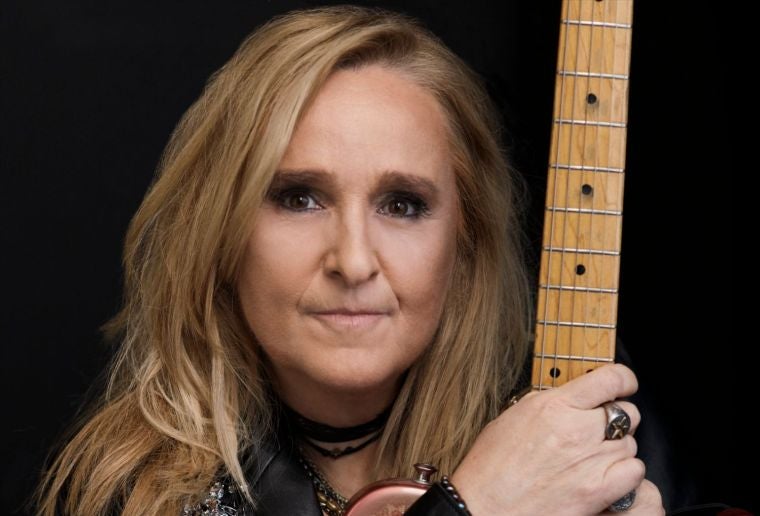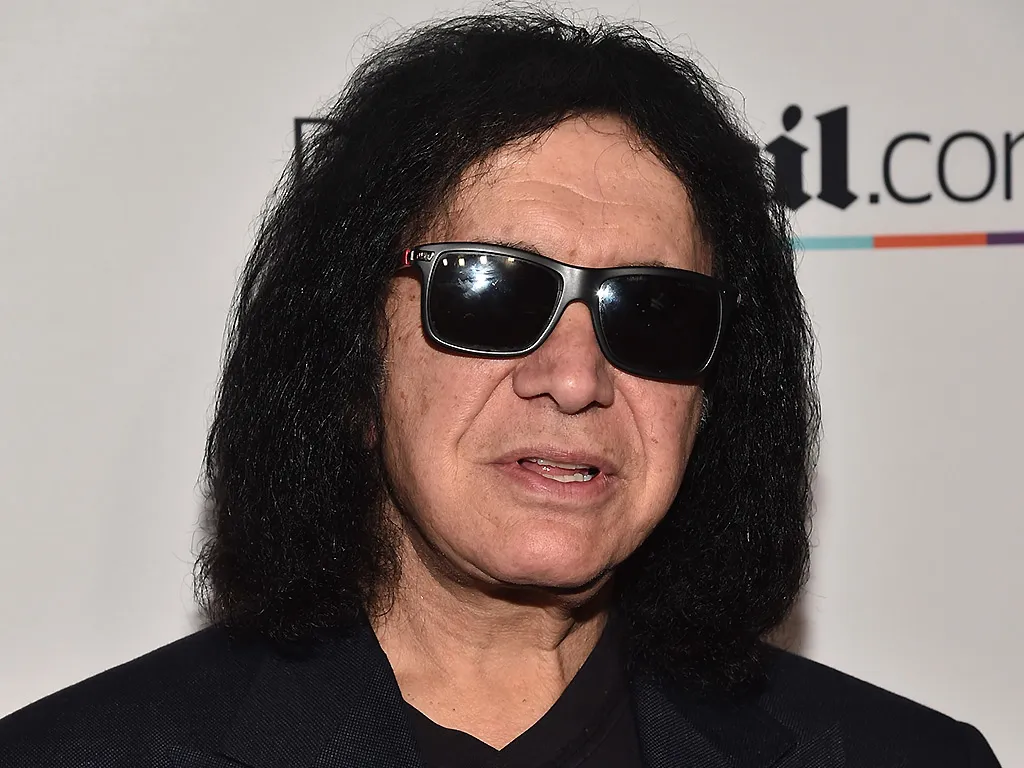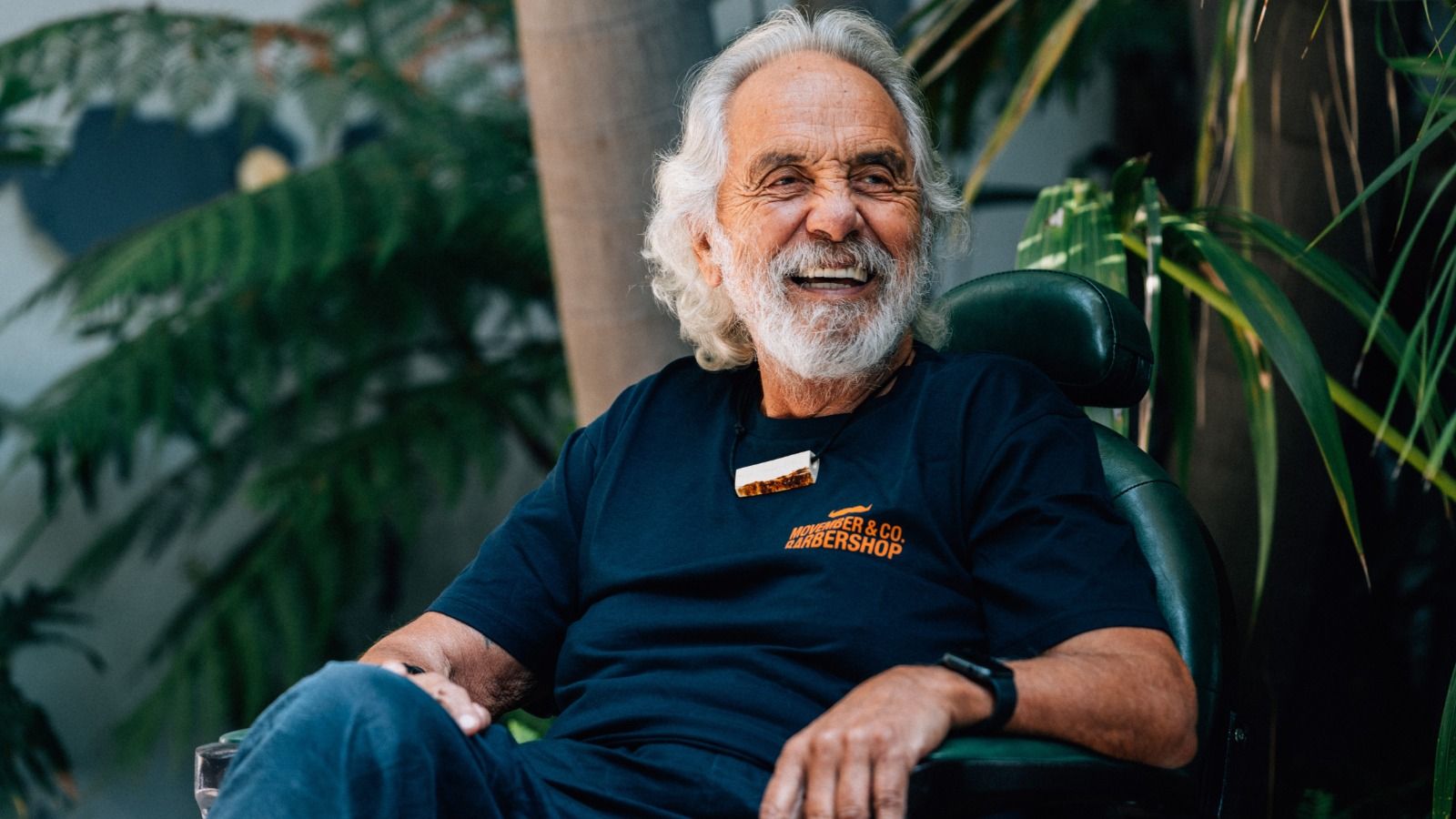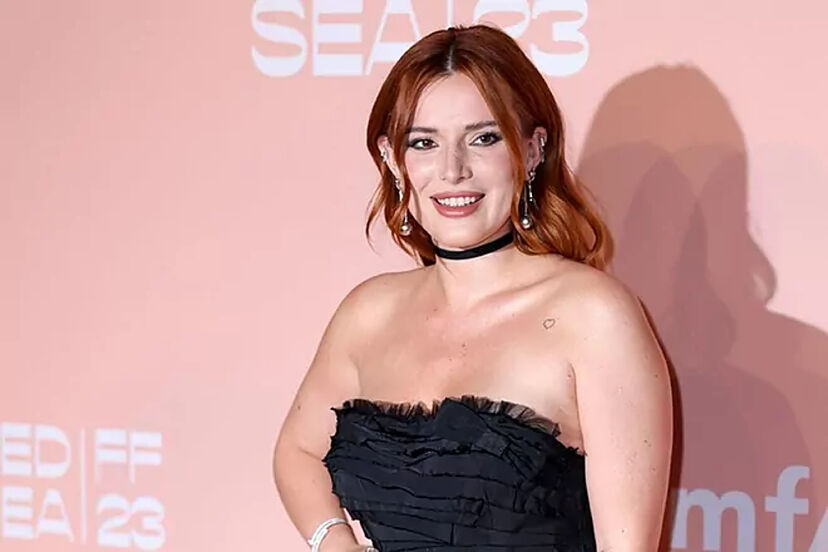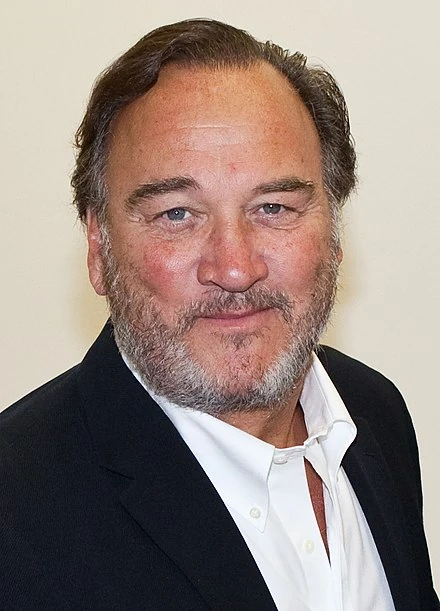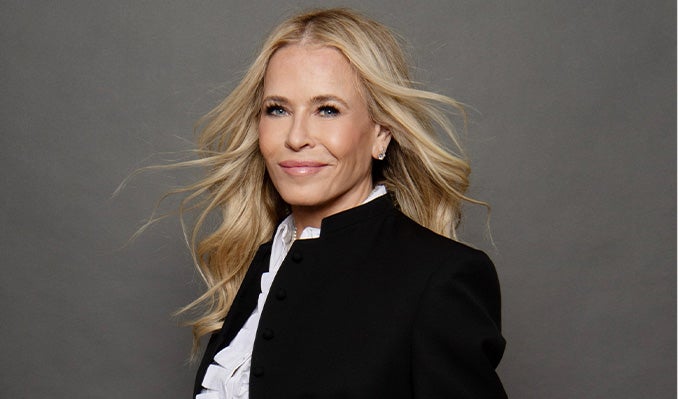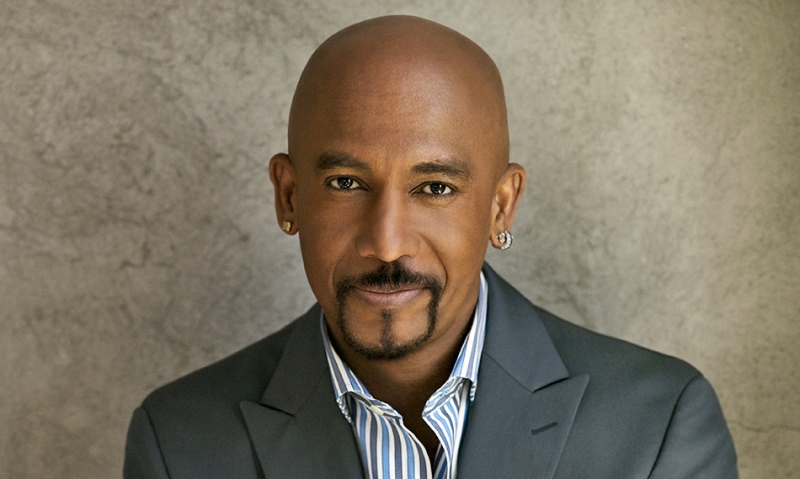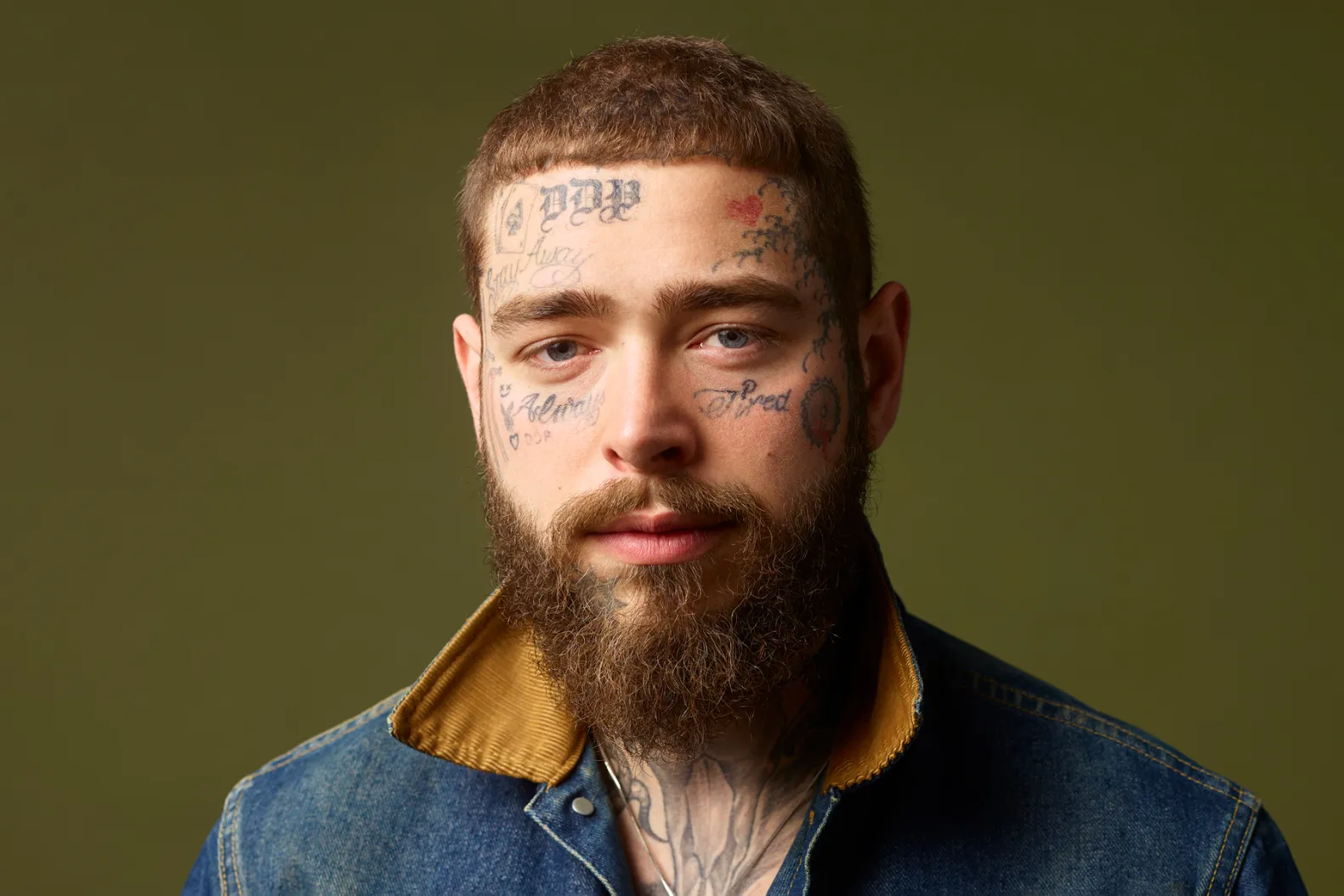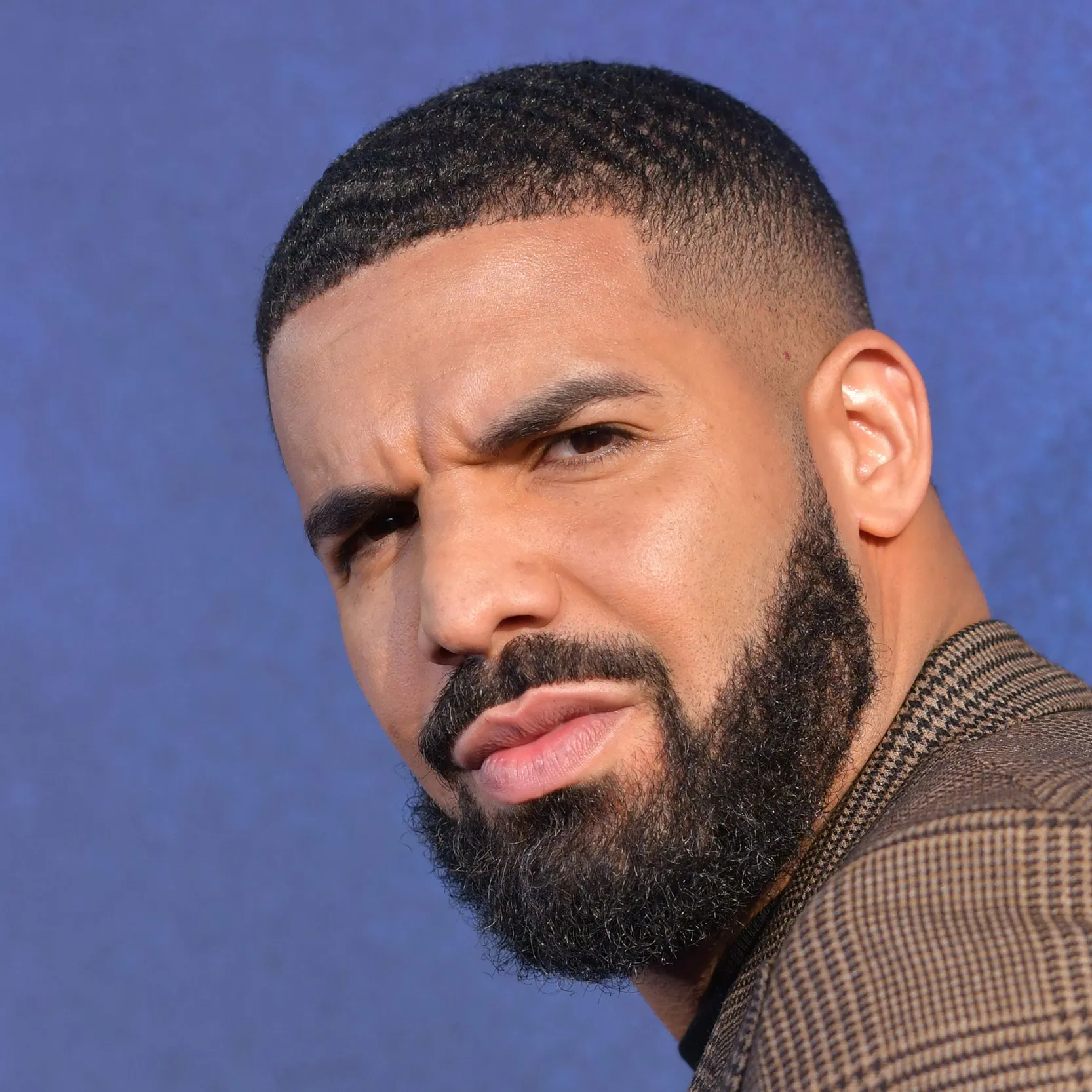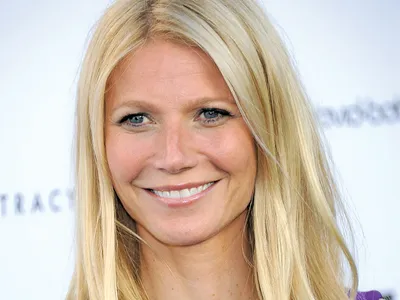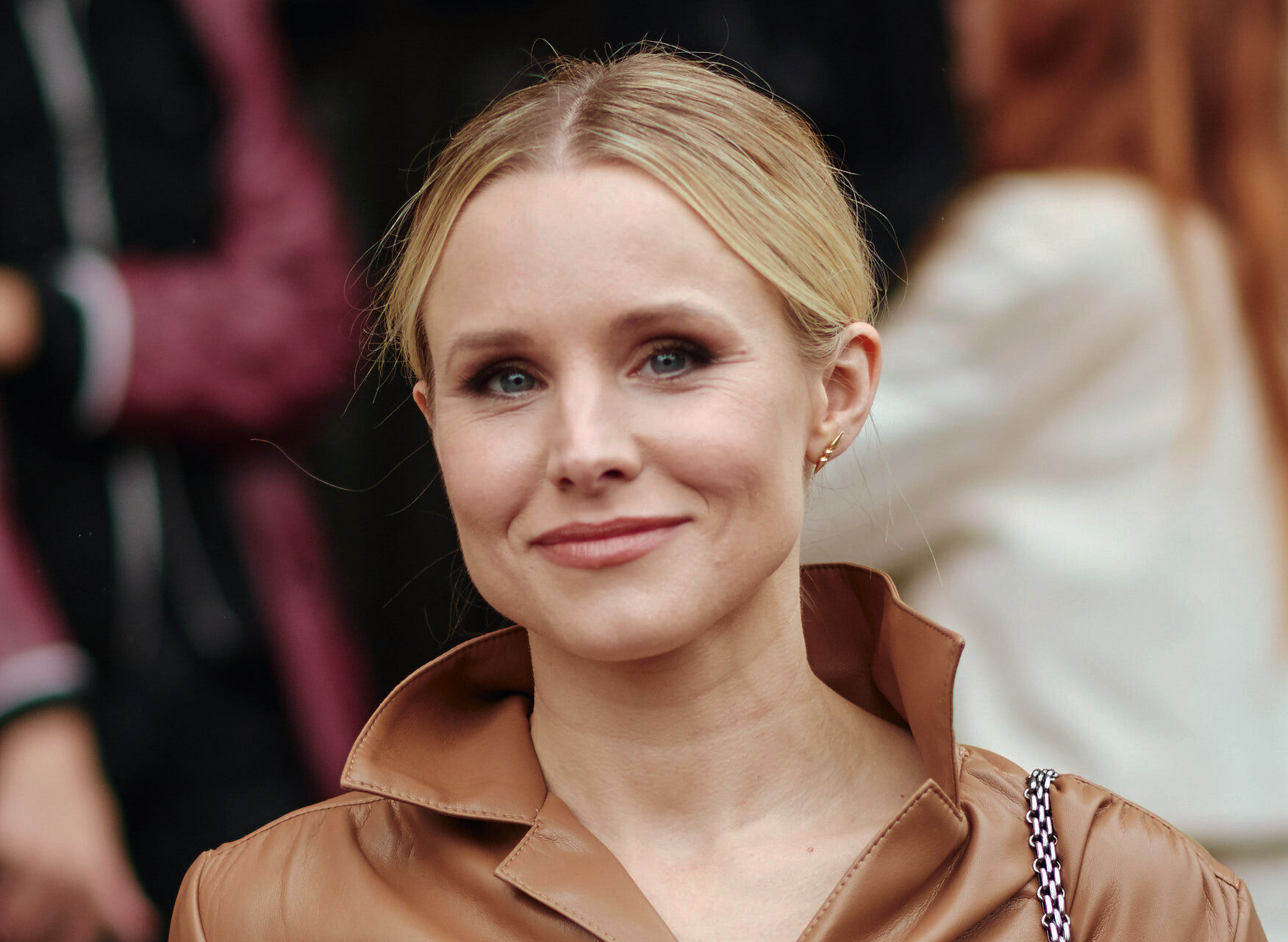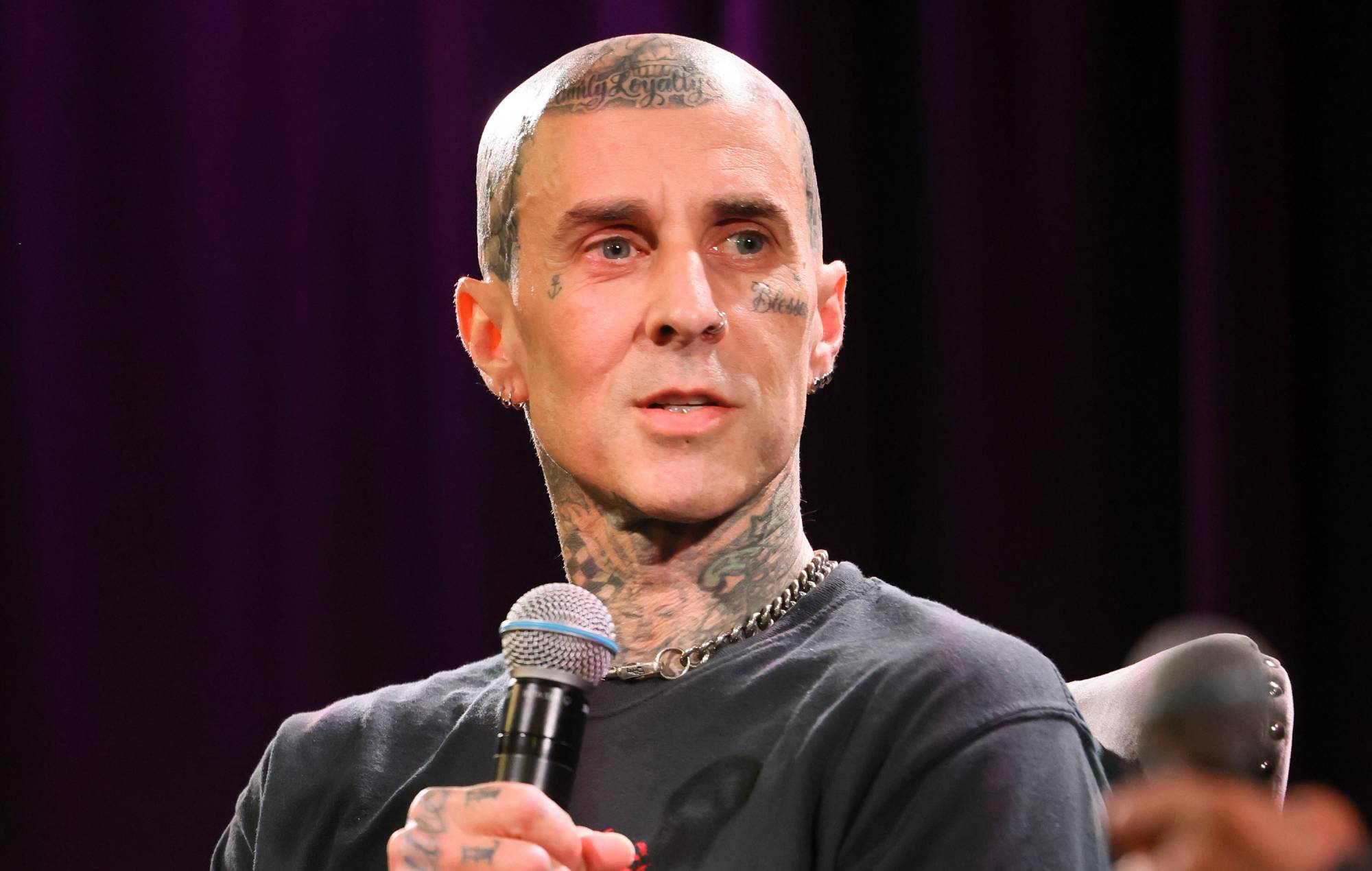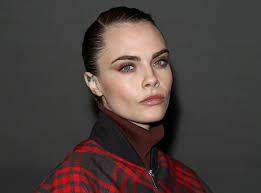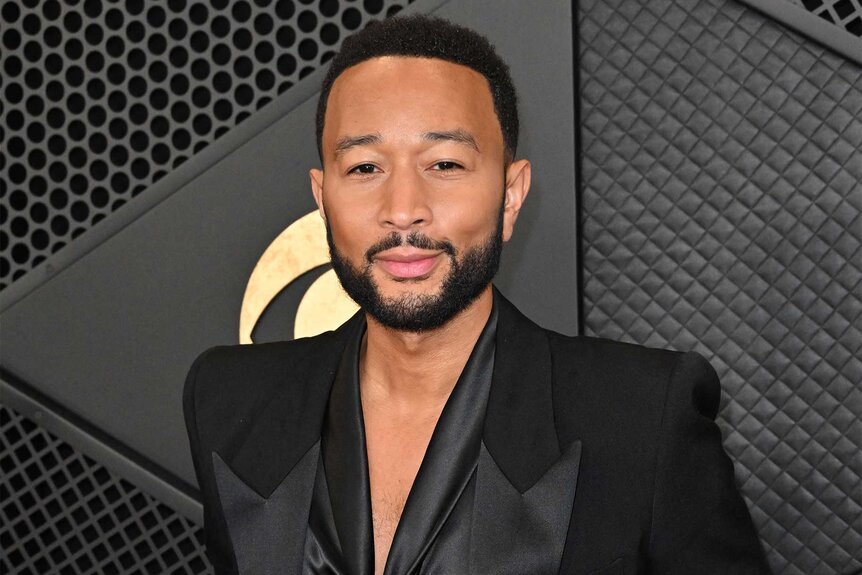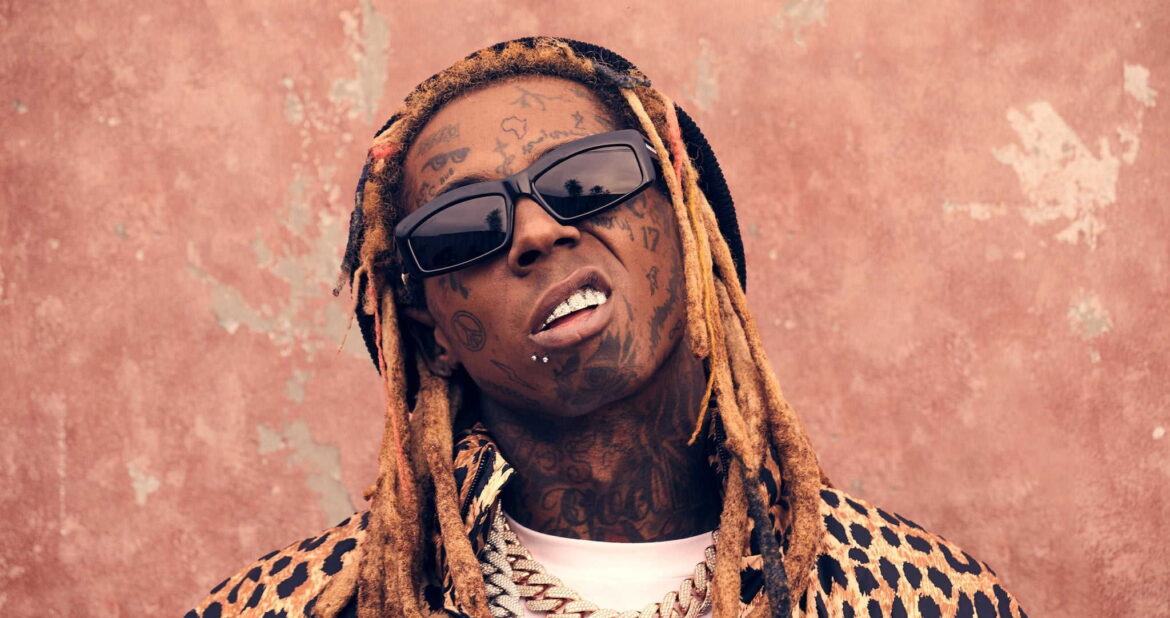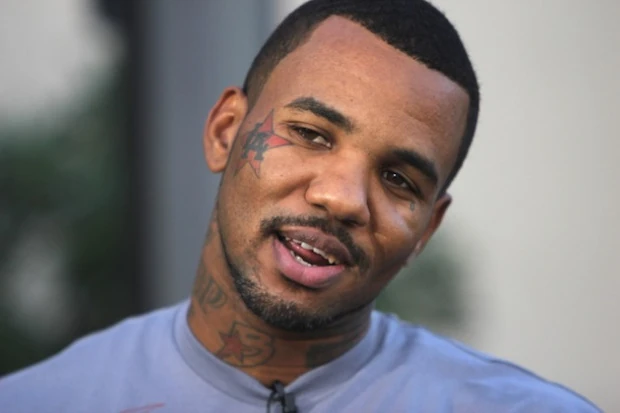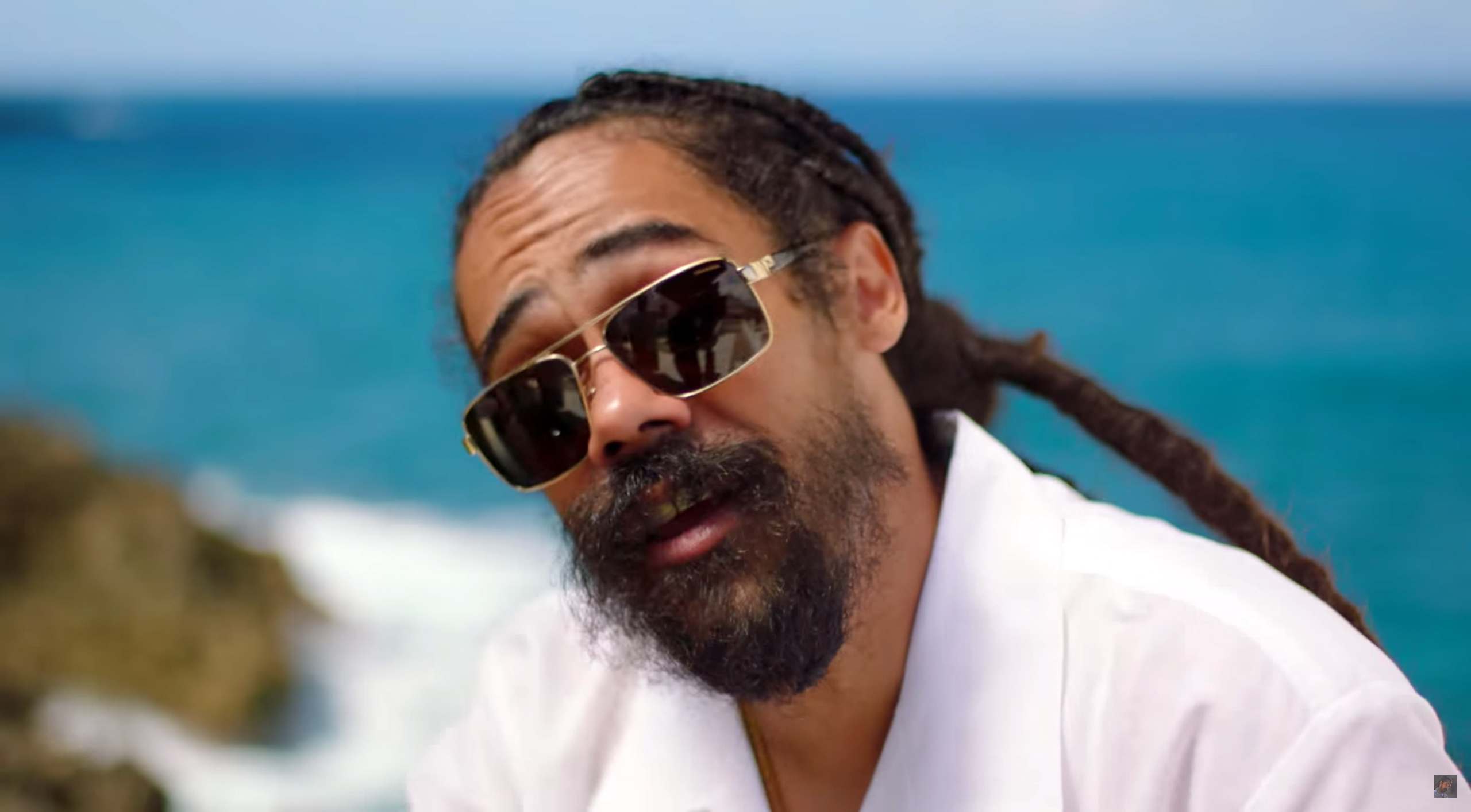Top 25 Celebrity Cannabis Entrepreneurs Transforming The Industry
Uncover the most influential celebrity cannabis entrepreneurs redefining marijuana business. Learn how stars are driving innovation, challenging stigmas, and creating powerful brands.
Author:Andrew StevensonReviewer:Johnathan MillerMar 17, 20252.2K Shares50.1K Views
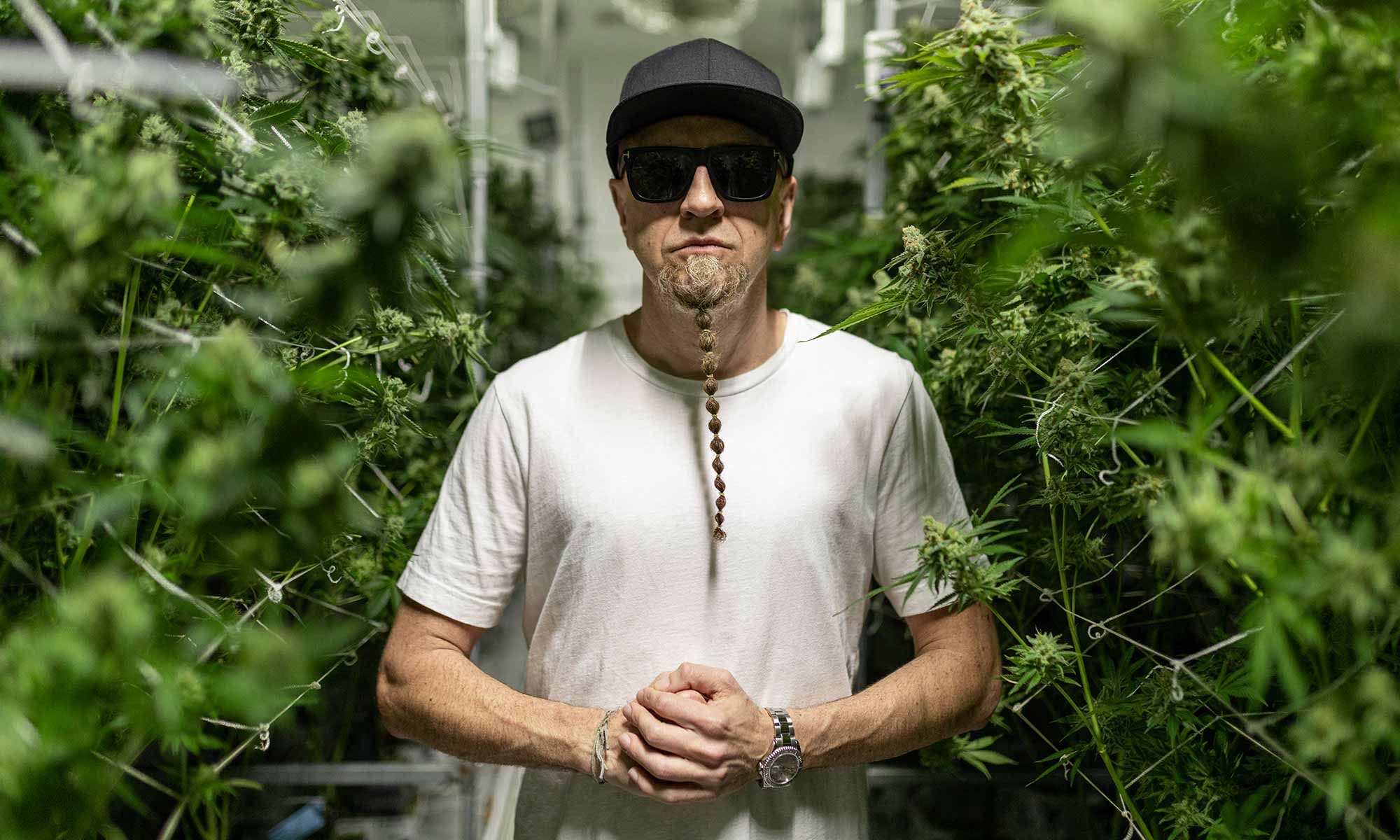
The cannabis industry has experienced a remarkable transformation, with celebrities emerging as key players reshaping public perception and business landscapes. What was once a stigmatized industry is now a legitimate, multi-billion dollar market attracting entrepreneurial talent from entertainment, sports, and beyond.
Celebrities are not just passive investors but active entrepreneurs driving innovation, challenging stereotypes, and creating sophisticated cannabis brands that appeal to diverse consumer bases. Their involvement has accelerated mainstream acceptance and sparked meaningful conversations about cannabis's potential beyond recreational use.
1. Snoop Dogg (Leafs By Snoop)
Snoop Dogg, a hip-hop legend whose name is practically synonymous with cannabis culture, launched Leafs by Snoop in 2015. This brand offers a diverse range of cannabis products, including flower, edibles (like gummies and chocolates), and concentrates (like wax and shatter). Leafs By Snoop emphasizes quality strains and a laid-back West Coast vibe, directly reflecting Snoop's personal brand and image.
His long-time advocacy for cannabis legalization and open discussion of its use has solidified his status as a key figure in the industry, helping to destigmatize cannabis consumption. The brand has expanded to include various merchandise and partnerships, further solidifying its presence in the market. With these ventures, it's no surprise that Snoop Dogg net worthcontinues to grow, cementing his position as both a cultural icon and a savvy entrepreneur.
2. Willie Nelson (Willie's Reserve)
Country music icon Willie Nelson, a long-time advocate for cannabis legalization and personal user, launched Willie's Reserve. This brand focuses on high-quality flower and pre-rolls, often sourced from independent farms committed to sustainable and responsible cultivation practices.
Willie's Reserve emphasizes sustainability, a connection to the plant's natural origins, and the importance of supporting small farmers, reflecting Nelson's laid-back persona, environmental consciousness, and deep appreciation for the history and culture surrounding cannabis. The brand also promotes responsible consumption and education about cannabis.
3. Seth Rogen (Houseplant)
Comedian and actor Seth Rogen, known for his roles in stoner comedies like "Pineapple Express," co-founded Houseplant with his writing partner Evan Goldberg. Houseplant offers a curated selection of cannabis flower, pre-rolls, and uniquely designed home goods specifically created to enhance the smoking experience, such as ashtrays, lighters, and even vinyl records curated to set the mood.
The brand focuses heavily on design, aesthetics, and user experience, reflecting Rogen's creative vision and attention to detail. Houseplant aims to elevate the cannabis experience beyond just consumption, making it a stylish and integrated part of modern living. For those exploring entrepreneurial ventures, opportunities like Houseplant show how creativity and passion can align with strategies to make money online, expanding reach and profitability.
4. Jay-Z (Monogram)
Hip-hop mogul and business magnate Jay-Z partnered with Caliva (now The Parent Company) to launch Monogram, a premium cannabis brand. Monogram focuses on high-end, meticulously cultivated flower and pre-rolls, emphasizing quality, craftsmanship, and a sophisticated aesthetic.
The brand's sleek marketing and branding, reminiscent of luxury goods, reflect Jay-Z's status as a cultural icon and successful entrepreneur. Monogram aims to redefine the perception of cannabis as a premium product, appealing to a discerning consumer base.
5. Martha Stewart (Martha Stewart CBD)
Lifestyle guru Martha Stewart partnered with Canopy Growth Corporation, a leading cannabis company, to launch Martha Stewart CBD. This brand offers a range of CBD products, including gourmet-flavored gummies, oils, softgels, and even pet products.
Martha Stewart CBD focuses on high-quality ingredients, carefully researched formulations, and appealing to a broad audience seeking wellness solutions without the psychoactive effects of THC. The brand's association with Stewart's trusted image brings credibility and mainstream acceptance to the CBD market.
6. Mike Tyson (Tyson 2.0)
Former heavyweight boxing champion Mike Tyson launched Tyson 2.0, a cannabis brand offering a variety of products, including flower, edibles (like ear-shaped gummies referencing the infamous Evander Holyfield fight), and concentrates.
Tyson 2.0 emphasizes quality, potency, and a focus on wellness, reflecting Tyson's powerful persona and his personal journey with cannabis for pain management and mental health. The brand has also focused on providing support for veterans and those struggling with mental health issues, aligning with Tyson's advocacy work.
7. Whoopi Goldberg (Whoopi & Maya)
Actress and comedian Whoopi Goldberg co-founded Whoopi & Maya with Maya Elisabeth, a cannabis entrepreneur, to create a brand specifically focused on providing relief for menstrual discomfort through cannabis-infused products like tinctures, balms, and edibles.
This brand targets a specific demographic (women experiencing menstrual pain) and addresses a real, often overlooked need, demonstrating the potential of cannabis for targeted wellness solutions. Whoopi & Maya aimed to destigmatize conversations around both cannabis and women's health. For entrepreneurs venturing into niche markets, it’s crucial to keep track of your financesto ensure long-term success and sustainability in an evolving industry.
8. Carlos Santana (Mirayo By Santana)
Legendary guitarist Carlos Santana launched Mirayo by Santana, a premium cannabis brand focused on enhancing spiritual well-being, mindfulness, and creative inspiration.
Mirayo offers a range of high-quality flower and pre-rolls, emphasizing quality, natural cultivation practices, and a connection to nature. The brand's messaging aligns with Santana's spiritual beliefs and his belief in the power of music and cannabis to elevate consciousness.
9. Melissa Etheridge (Etheridge Organics)
Singer-songwriter Melissa Etheridge launched Etheridge Organics, a cannabis brand focused on providing high-quality, sustainably grown products. Etheridge has been open about her personal use of cannabis for pain management during her battle with cancer, adding a personal and authentic touch to the brand. Etheridge Organics emphasizes organic cultivation practices and the therapeutic potential of cannabis.
10. Gene Simmons (MoneyBag Sodas)
Rock legend and KISS frontman Gene Simmons, known for his sharp business acumen and entrepreneurial spirit, has ventured into the cannabis beverage market with MoneyBag Sodas, THC-infused sodas.
This represents a growing segment of the cannabis industry, offering a discreet, convenient, and accessible way to consume cannabis. The brand leverages Simmons' iconic persona and rock-and-roll image.
11. Tommy Chong (Chong's Choice)
Comedian Tommy Chong, one half of the iconic stoner comedy duo Cheech & Chong, launched Chong's Choice, a cannabis brand that directly reflects his long-standing association with cannabis culture.
The brand offers a variety of products, from flower and pre-rolls to edibles and concentrates, emphasizing quality, authenticity, and a connection to the counter-culture movement that Cheech & Chong represented. Chong's Choice capitalizes on Chong's established image and appeal to a nostalgic audience.
12. Bella Thorne (Forbidden Flowers)
Actress and social media personality Bella Thorne launched Forbidden Flowers, a cannabis and CBD brand targeting a younger demographic. The brand focuses on lifestyle, self-expression, and a glamorous aesthetic, aligning with Thorne's image and online presence. Forbidden Flowers aims to appeal to a generation that views cannabis as a normal part of a modern lifestyle.
13. Jim Belushi (Belushi’s Farm)
Actor Jim Belushi owns and operates Belushi's Farm, a cannabis farm and brand focused on producing high-quality, craft cannabis flower. Belushi has been vocal about the therapeutic benefits of cannabis, particularly for veterans suffering from PTSD, a cause he passionately supports. Belushi's Farm emphasizes sustainable farming practices and the importance of providing access to high-quality cannabis for both recreational and medicinal use.
14. Chelsea Handler (Chelsea Handler Cannabis)
Comedian and television personality Chelsea Handler has launched her own line of cannabis products, reflecting her outspoken personality, comedic style, and long-time advocacy for cannabis legalization. Handler's brand aims to normalize cannabis use and challenge outdated stigmas through humor and open conversation.
15. Montel Williams (LenitivLabs)
Former talk show host Montel Williams, who has publicly discussed his personal use of medical cannabis to manage his multiple sclerosis symptoms, founded LenitivLabs. This company focuses on producing high-quality, science-backed medical cannabis products designed to provide targeted relief for various medical conditions. Williams' personal experience with the therapeutic benefits of cannabis drives the brand's mission and credibility.
16. Post Malone (Shaboink)
Musician Post Malone partnered with Icon Farms to launch Shaboink, a cannabis brand offering flower and pre-rolls. The brand reflects Malone's laid-back, unconventional style and appeals to his large and dedicated fan base. Shaboink's branding and marketing align with Malone's artistic image, creating a strong connection with his target audience.
17. Drake (More Life Growth Company)
Rapper Drake partnered with Canopy Growth Corporation, a major player in the cannabis industry, to launch More Life Growth Company. This venture focuses on cannabis production, cultivation, and distribution, showcasing Drake's interest in the business side of the cannabis industry. The partnership leverages Drake's global influence and Canopy Growth's expertise in cannabis production.
18. Gwyneth Paltrow (CBD Products Through Goop)
Actress and entrepreneur Gwyneth Paltrow's lifestyle brand, Goop, features a curated selection of CBD products, ranging from tinctures and oils to bath soaks and skincare. This reflects the growing trend of incorporating CBD into wellness and beauty routines. Goop's endorsement of CBD products brings further mainstream acceptance to the cannabinoid and aligns with the brand's focus on holistic wellness.
19. Kristen Bell (Happy Dance)
Actress Kristen Bell co-founded Happy Dance, a CBD skincare brand focused on providing affordable and accessible products. Happy Dance emphasizes self-care and aims to make CBD accessible to a wider audience through its approachable branding and price point.
20. Travis Barker (Barker Wellness Co.)
Musician Travis Barker, known for his work as the drummer for Blink-182, has launched Barker Wellness Co., a CBD brand focused on promoting overall wellness, recovery, and pain management, particularly for those with active lifestyles. Barker's personal experience with injuries and his interest in alternative wellness practices inform the brand's mission.
21. Cara Delevingne (CBD Brand With Sister Poppy)
Model and actress Cara Delevingne has collaborated with her sister Poppy on a CBD brand, further demonstrating the growing interest in CBD within the fashion, beauty, and wellness industries. The brand leverages the sisters' influence and appeal within these sectors.
22. John Legend (CBD Products With Plus Products)
Musician John Legend has partnered with Plus Products, a well-known edibles company, to create a line of CBD gummies. This partnership highlights the appeal of CBD to a mainstream audience and leverages Legend's broad appeal and reputation.
23. Lil Wayne (GKUA Ultra Premium)
Rapper Lil Wayne has launched GKUA Ultra Premium, a cannabis brand focusing on high-quality flower and concentrates. The brand aims to provide a premium cannabis experience and reflects Wayne's influence within hip-hop culture.
24. The Game (Trees By Game)
Rapper The Game has launched Trees by Game, a cannabis brand offering a variety of products, including flower, pre-rolls, and edibles. The brand leverages The Game's established presence in the hip-hop community and his connection to West Coast culture.
25. Damian Marley (Ocean Grown Extracts)
Musician Damian Marley, son of reggae legend Bob Marley, is involved with Ocean Grown Extracts, a cannabis company focused on sustainable cultivation practices and producing high-quality cannabis products. The brand aligns with the Marley family's long-standing association with cannabis and their advocacy for its responsible use.
Ethical Considerations In Cannabis Entrepreneurship
As the cannabis industry continues to grow, ethical considerations have become paramount for entrepreneurs, especially those in the public eye, like celebrity business owners. Responsible cannabis entrepreneurship involves more than just turning a profit, it requires a commitment to social, environmental, and community-focused values. Here’s a deeper look at these critical areas:
1. Social Justice
The cannabis industry has a complex history tied to systemic inequality and the disproportionate criminalization of marginalized communities. Ethical entrepreneurs advocate for social justice by:
- Supporting expungement programs for individuals with non-violent cannabis-related convictions.
- Providing opportunities for those affected by previous cannabis legislation to enter the industry through grants, training programs, and partnerships.
- Collaborating with organizations that push for policy reform to address racial disparities and create equitable systems within the cannabis market.
2. Equitable Business Practices
Equity within the cannabis industry means ensuring fair opportunities for all, particularly for underrepresented groups. Ethical entrepreneurs:
- Promote diversity in hiring and leadership, making intentional efforts to include minorities, women, and individuals from disadvantaged communities.
- Engage in transparent and fair business practices with suppliers, farmers, and workers, ensuring livable wages and safe working conditions.
- Create inclusive products and services that cater to diverse demographics while respecting cultural sensitivities.
3. Consumer Education
With the increasing availability of cannabis products, educating consumers about their safe and responsible use is crucial. Responsible entrepreneurs:
- Provide clear, accurate labeling on products, including potency, dosage recommendations, and ingredient sourcing.
- Use their platform to promote awareness of the potential risks and benefits of cannabis use.
- Advocate for scientific research and collaborate with experts to develop evidence-based education programs for consumers.
4. Sustainable Cultivation
The environmental impact of cannabis cultivation is a growing concern. Ethical cannabis businesses focus on sustainability by:
- Using energy-efficient cultivation methods, such as LED lighting and solar power, to reduce carbon footprints.
- Employing water conservation practices, including recycling systems and drought-resistant growing techniques.
- Minimizing waste by using biodegradable packaging and recycling production byproducts.
- Supporting organic farming practices to eliminate harmful pesticides and fertilizers that damage the environment.
5. Legal Compliance
Navigating the cannabis industry’s regulatory landscape requires strict adherence to the law. Responsible entrepreneurs:
- Ensure their operations comply with federal, state, and local regulations, including licensing, labeling, and taxation requirements.
- Advocate for consistent and fair cannabis legislation that promotes industry transparency and protects public safety.
- Regularly audit their business practices to remain compliant with evolving laws and ethical standards.
The Impact Of Celebrity Involvement
The involvement of celebrities in the cannabis industry has significantly influenced its development, helping to reshape societal attitudes, drive market growth, and bring attention to important conversations about cannabis. Here’s a closer look at their impact:
1. Increased Mainstream Acceptance
When high-profile celebrities openly associate with cannabis, they play a pivotal role in normalizing its use. By sharing their personal experiences or launching cannabis-related businesses, these public figures help to reduce the stigma that has historically surrounded the plant. Their influence encourages broader acceptance, making cannabis a more common topic in mainstream culture and opening doors for meaningful discussions about its medical and recreational use.
2. Boosted Brand Awareness And Market Growth
Celebrity endorsements and ownership of cannabis brands generate substantial media attention. With their extensive fan bases and social media followings, celebrities amplify brand visibility and create instant credibility for their products. This heightened awareness often translates into increased sales and faster market growth, with celebrity-backed brands becoming household names in the cannabis industry.
3. Shifted Public Perception
Celebrities have a unique platform to shape public opinion. Many use their influence to advocate for responsible cannabis consumption and highlight its therapeutic benefits, such as pain management, mental health support, and stress relief. By focusing on education and advocacy, they contribute to a more balanced and informed public discourse about cannabis, encouraging society to see it as more than just a recreational product.
The Ripple Effect
The impact of celebrity involvement extends beyond branding and awareness. It inspires innovation within the industry, fosters greater acceptance among previously hesitant audiences, and creates a domino effect that encourages others entrepreneurs, legislators, and consumers alike to engage with cannabis in a more thoughtful and responsible manner.
FAQs
Who Is The Biggest Cannabis Influencer?
The top cannabis influencers to follow
- Krista Raymer. Krista Raymer is the Founder of Vetrina Group, a cannabis retail consulting firm focused on driving profitability in dispensaries. ...
- Jeremy Johnson. ...
- Kyle Sherman. ...
- Anthony Domangue. ...
- Regent Wanda L. ...
- Taylor Stafford. ...
- Jorge Cervantes. ...
- David Kram.
What Type Of Cannabis Business Is Most Profitable?
One of the most established and high-growth segments within the cannabis industry is medical cannabis. With its potential to alleviate symptoms of various medical conditions, the demand for medical cannabis products and services continues to rise.
Where Is The Best Place To Start A Cannabis Business?
- Michigan.
- California.
- Massachusetts.
- Alaska.
What Is Jay Z's Cannabis Company?
Monogram marked a new chapter in cannabis defined by dignity, care, and consistency. Jay-Z, Monogram's founder, tasked MATTE to develop a unique vision for the cannabis industry as an ambassador for a new code of luxury that fits into what the good life is today.
How Do These Brands Contribute To Cannabis Legalization?
Celebrity brands raise awareness, challenge stereotypes, and support broader social conversations about cannabis.
Final Thoughts
Celebrity involvement represents more than a business trend; it's a cultural revolution. By bringing creativity, passion, and mainstream visibility to cannabis, these entrepreneurs are reshaping an industry and challenging long-held misconceptions.
As cannabis continues its journey toward full legalization and acceptance, celebrity brands will likely play an increasingly significant role in defining its future.
Jump to
1. Snoop Dogg (Leafs By Snoop)
2. Willie Nelson (Willie's Reserve)
3. Seth Rogen (Houseplant)
4. Jay-Z (Monogram)
5. Martha Stewart (Martha Stewart CBD)
6. Mike Tyson (Tyson 2.0)
7. Whoopi Goldberg (Whoopi & Maya)
8. Carlos Santana (Mirayo By Santana)
9. Melissa Etheridge (Etheridge Organics)
10. Gene Simmons (MoneyBag Sodas)
11. Tommy Chong (Chong's Choice)
12. Bella Thorne (Forbidden Flowers)
13. Jim Belushi (Belushi’s Farm)
14. Chelsea Handler (Chelsea Handler Cannabis)
15. Montel Williams (LenitivLabs)
16. Post Malone (Shaboink)
17. Drake (More Life Growth Company)
18. Gwyneth Paltrow (CBD Products Through Goop)
19. Kristen Bell (Happy Dance)
20. Travis Barker (Barker Wellness Co.)
21. Cara Delevingne (CBD Brand With Sister Poppy)
22. John Legend (CBD Products With Plus Products)
23. Lil Wayne (GKUA Ultra Premium)
24. The Game (Trees By Game)
25. Damian Marley (Ocean Grown Extracts)
Ethical Considerations In Cannabis Entrepreneurship
The Impact Of Celebrity Involvement
FAQs
Final Thoughts

Andrew Stevenson
Author
Meet Andrew Stevenson, a distinguished male writer whose passion and expertise encompass a wide array of topics, including global news, finance, health, celebrity culture, movies, and cryptocurrency. With a wealth of experience and a keen eye for detail, Andrew delivers engaging and informative content that resonates with readers from all walks of life. His insightful analysis of market trends, health breakthroughs, and the latest developments in entertainment captivates audiences, while his exploration of the burgeoning world of cryptocurrency offers invaluable insights into this rapidly evolving field. Andrew's commitment to excellence and his ability to distill complex information into accessible narratives make him a trusted source of knowledge and inspiration in today's dynamic media landscape. Join him on a journey of discovery as he illuminates the intersections of culture, finance, and technology, shaping the conversation one article at a time.

Johnathan Miller
Reviewer
Meet Johnathan Miller, an esteemed writer and analyst renowned for his expertise in global news, finance, health, and cryptocurrency. With a distinguished background in finance and a meticulous approach to research, Johnathan offers incisive insights into market dynamics and economic trends. His articles are characterized by a profound understanding of health-related issues and a clear articulation of the complexities surrounding cryptocurrency. Through his professional lens and commitment to excellence, Johnathan navigates the intricate webs of our interconnected world, delivering compelling analysis and thought-provoking commentary. Join him on a journey of discovery and enlightenment as he continues to shape discourse in these vital spheres.
Latest Articles
Popular Articles
